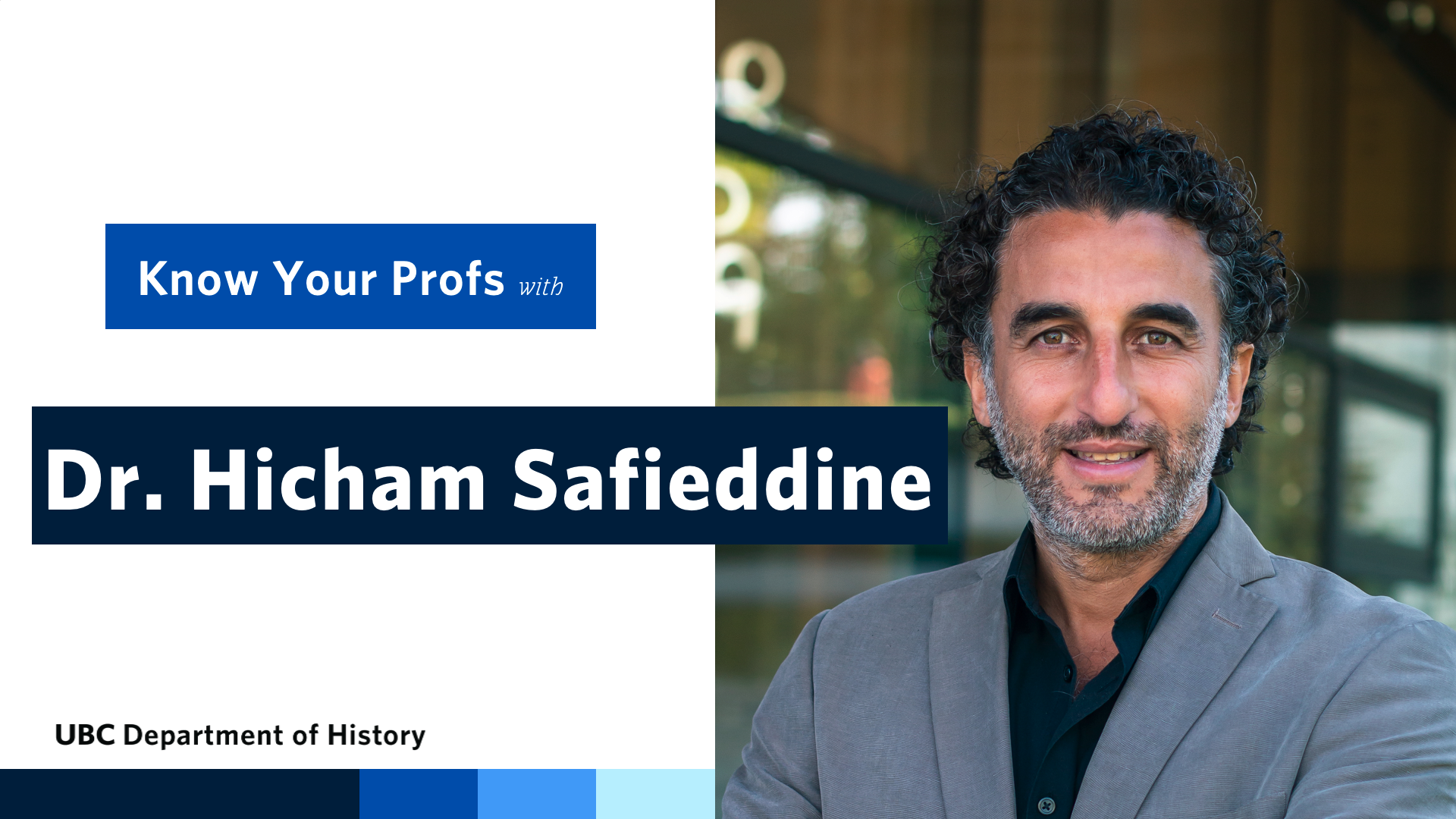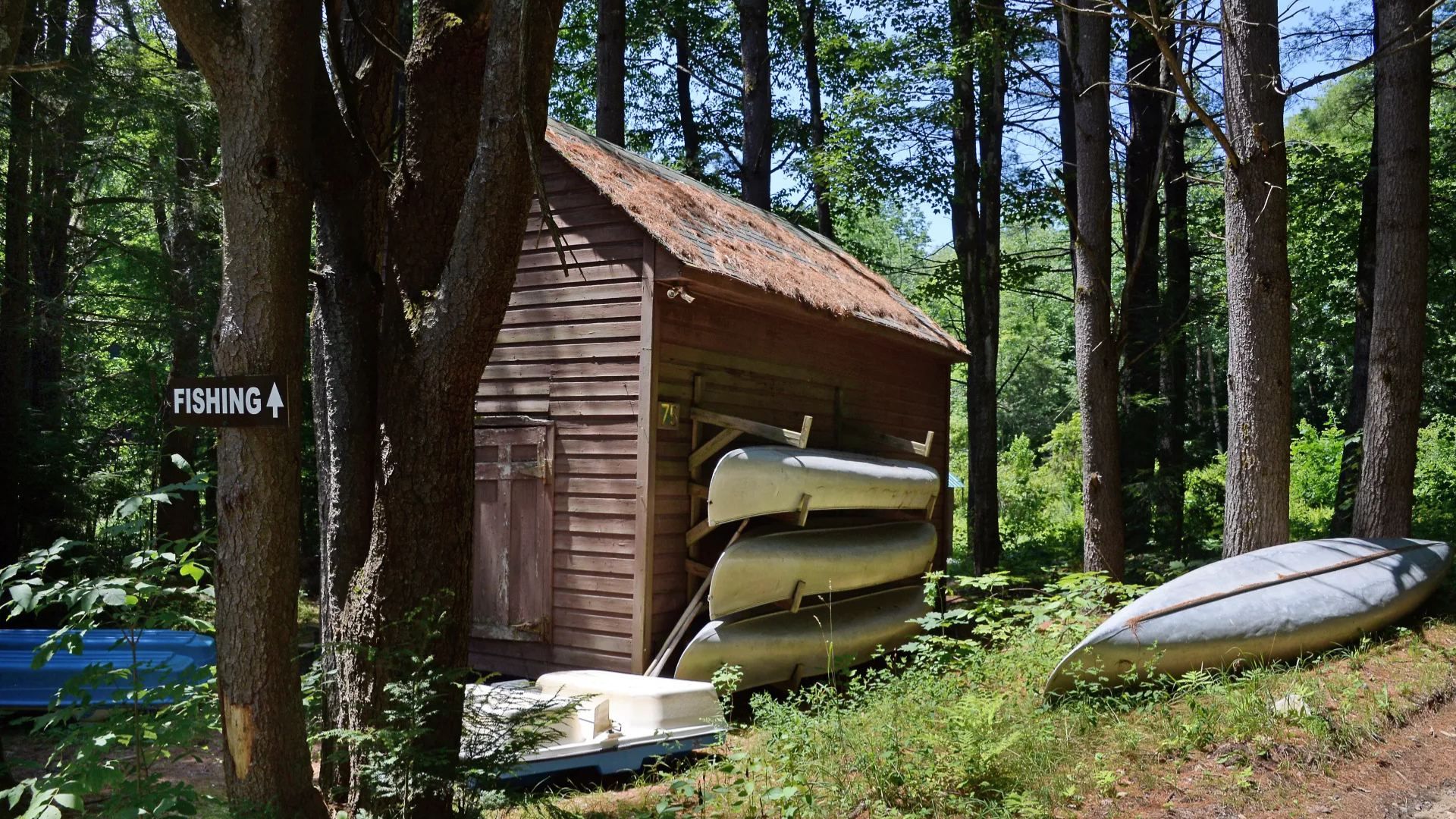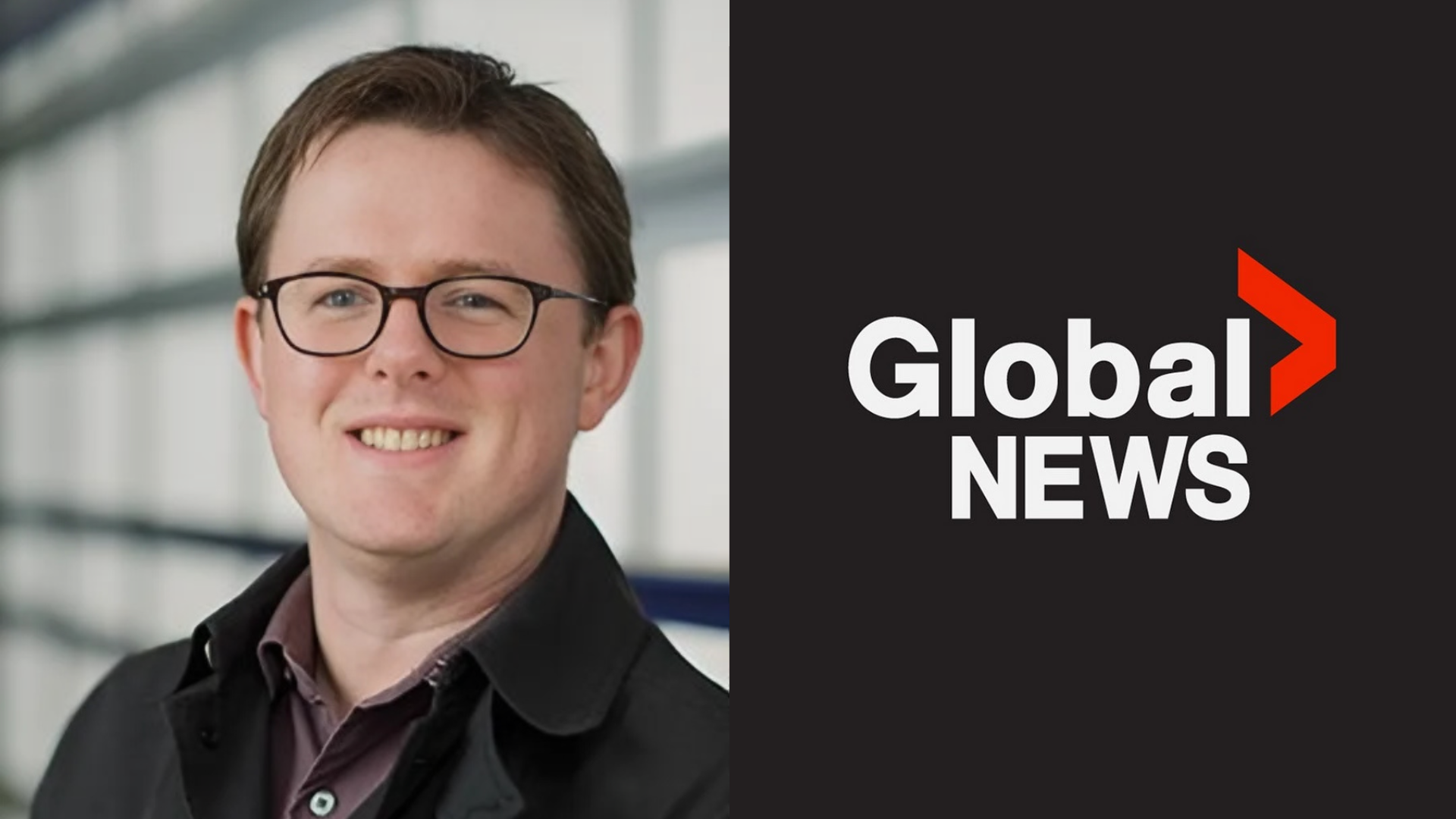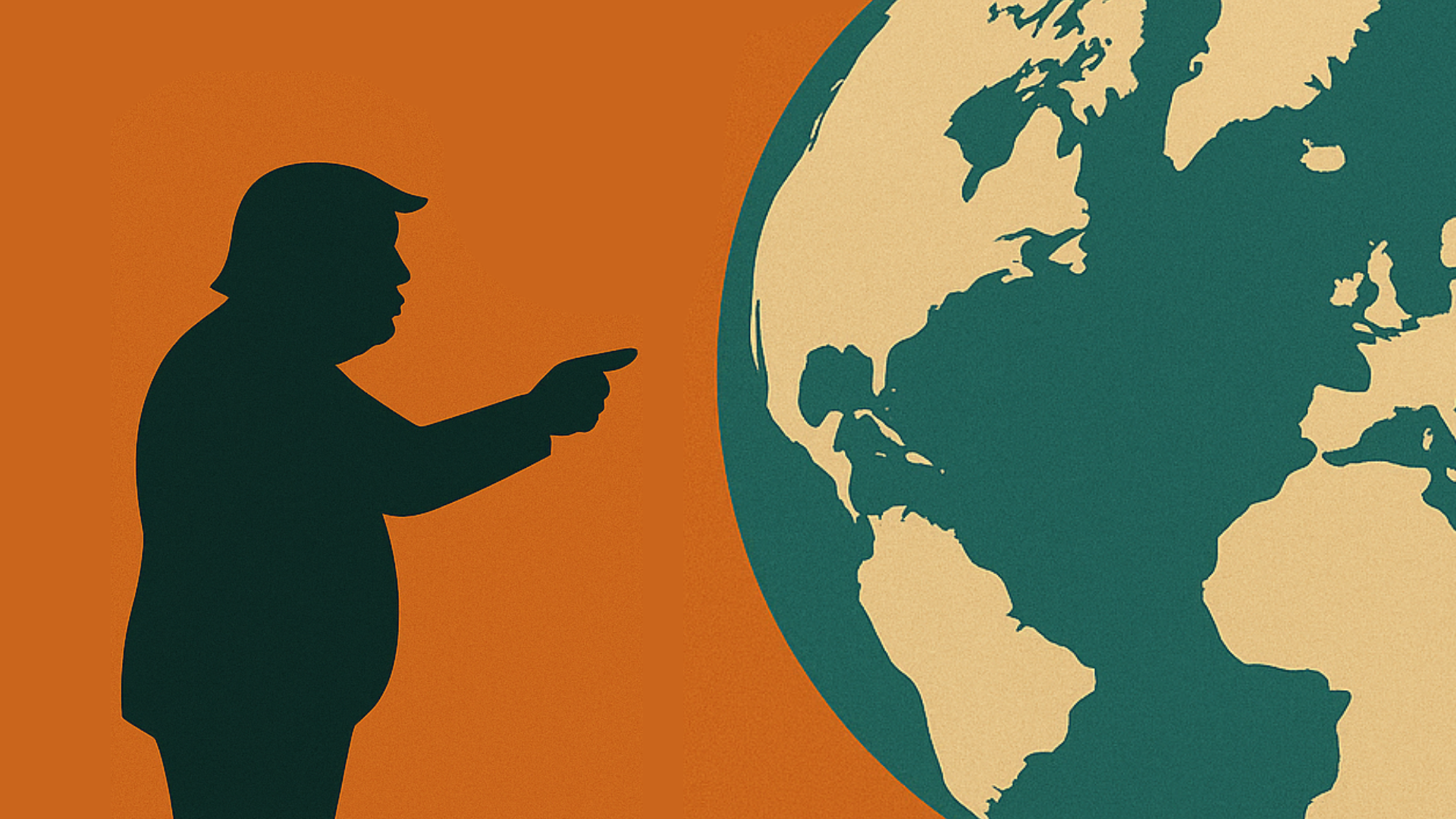

The Know Your Profs series is meant to help students get to know their professors in their own words. This series is for you if you’re thinking of taking a course taught by a professor you don’t know very well, if you’re an Honours student or grad student looking for a thesis supervisor, or if you simply want to know more about your favourite professors in the Department of History.
Professor Hicham Safieddine researches political economy and modern intellectual history with an interest in fundamental power relations. In his classrooms, he is committed to critical and engaged historical inquiry that humanizes but does not romanticize the past. He strives to create a safe space for students to express and challenge their views. Register for Dr. Safieddine’s classes with a willingness to challenge preconceived notions about the peoples and places you will encounter in the course, and you’ll be sure to receive wisdom in profoundly succinct one-liners like, “to study history is to study the human condition in its totality, with all its contradictions and contingencies, over time.”
What is your area of specialization?
I research political economy and modern intellectual history on a global as well as regional scale (Arab/Islamic/Middle East). I do so in the context of broader historical forces and phenomena like war, capitalism, imperialism, and colonialism.
What sparked your interest in your research area, and when did you know academia was for you?
I have no attachment to being an academic per se. I just love teaching, research, and writing. From an early age, I was interested in all strands of knowledge and how they impact society in a concrete manner. I studied chemistry, philosophy, economics, and political science before landing in history. Eventually, I had to narrow the scope in order to deepen my understanding and contribution to knowledge. The intersection of political economy and intellectual history helps me explore fundamental power relations and ideas that shape and transform our modern world in an interdisciplinary fashion.
What does it mean to you to study history?
To study history is to study the human condition in its totality (with all its contradictions and contingencies) over time.
Which course(s) do you teach?
I will be teaching two undergraduate courses in Term 2.
HIST 353A Political Economy of the Modern Middle East will critically examine the significant role of economic and material forces such as railway construction, colonial finance, oil excavation, industrialization, and agrarian reform in the political and social transformation of the Middle East, from late Ottoman times to the age of post-WWII independence.
HIST 490T Global Financial Order is a historical and conceptual exploration of the formation of national and international financial institutions and monetary regimes (18th century onward) in relation to war, state-building, international political economy, and colonialism.
What can students expect from your classes?
They can expect a strong commitment to critical and engaged historical inquiry that humanizes but does not romanticize the past. They can also expect a safe space to expand their knowledge and practical expertise in the subject area, develop their writing and oral presentation skills, and express and challenge their views, including controversial ones, without judgement.
You don’t need to have prior knowledge of economics or finance for courses on political economy and financial history. For courses on the Middle East, come with an open mind and a willingness to challenge preconceived notions about the peoples and places we will study.
What advice would you give your first-year and graduating undergrad self?
Let first-year be a year of intellectual and social exploration. Listen to the advice of family, friends, and faculty, but ultimately follow your heart. Even if it takes time and effort, find what you are both passionate about and good at, and go all the way. Play hard, but also work hard.
For graduates, plan ahead but don’t be too anxious. Patience and determination are key to survival in an increasingly competitive world. Things somehow will work out. Don’t be tamed into a routine life after school. Seek a meaningful, not just a successful, life. Not easy, but not impossible.
If you weren’t a professor, what would you do with your life?
Time travel.


